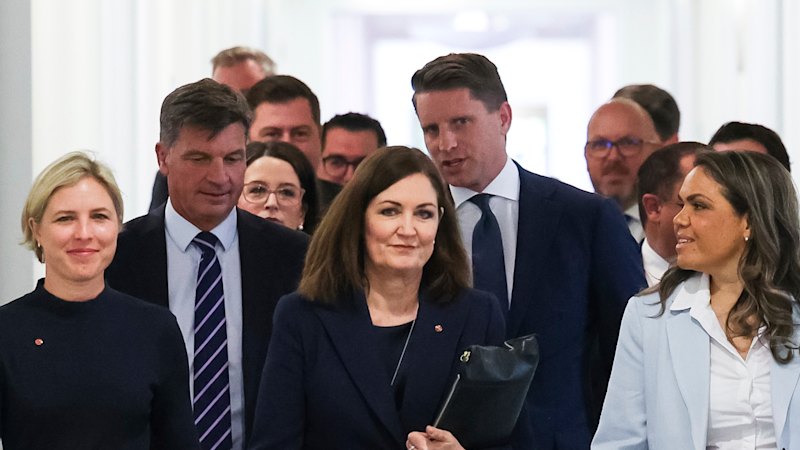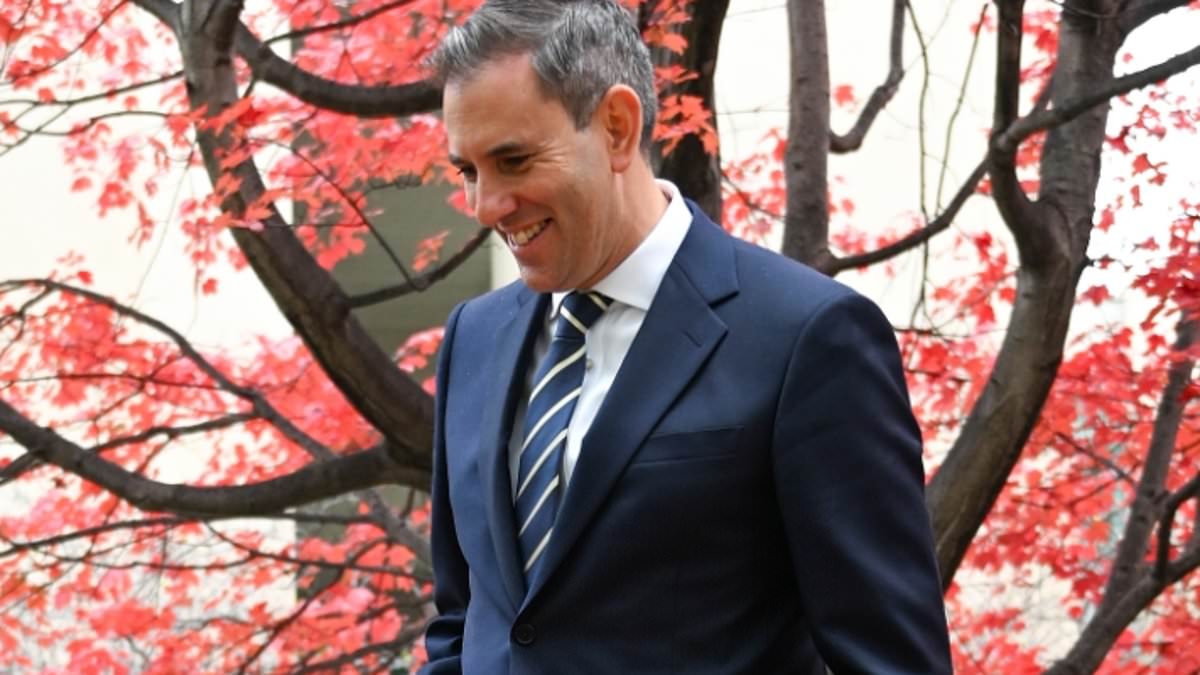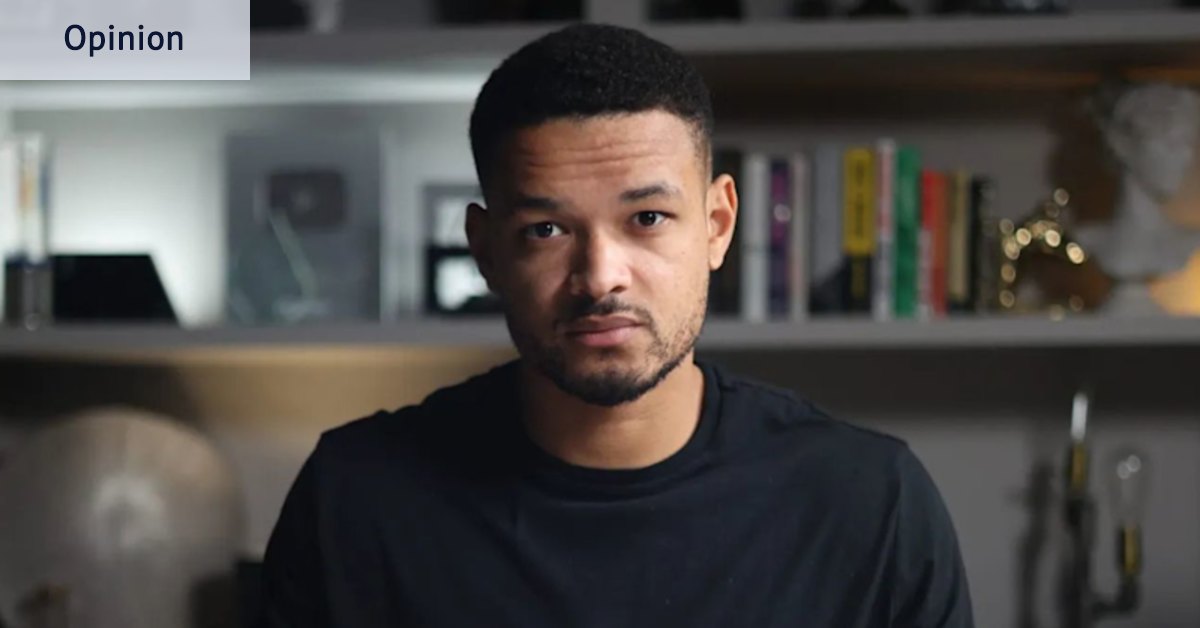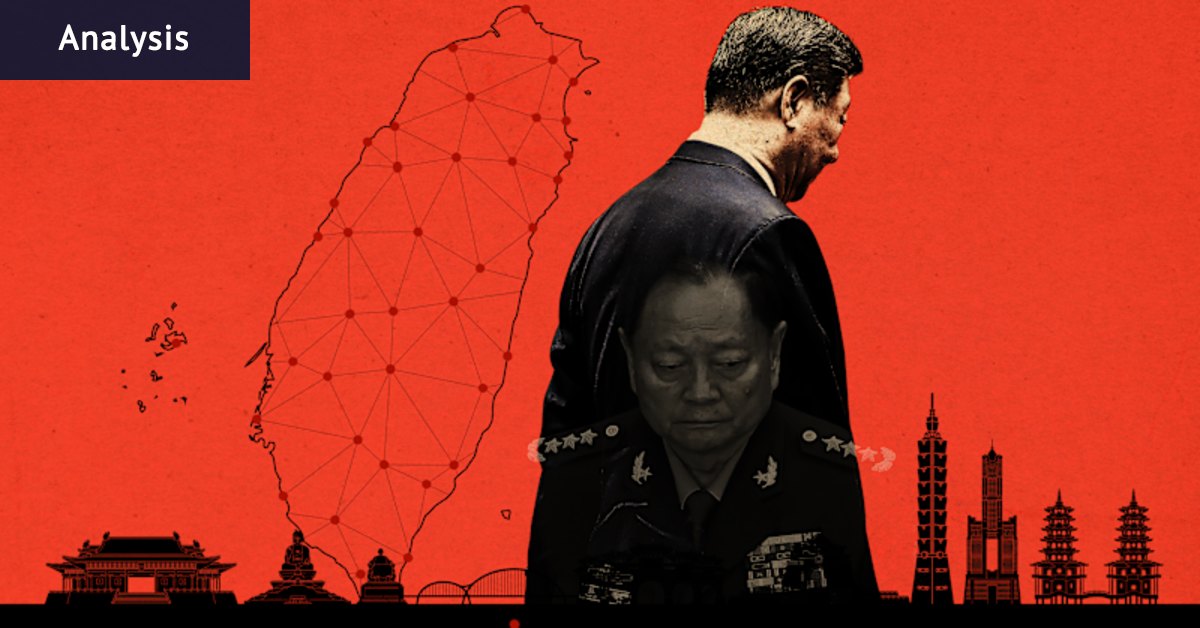
On Wednesday night, after a marathon session on energy policy, over 50 Liberal MPs left Parliament, many heading home. However, the lights remained on in Senator Anne Ruston’s office, where a group of frustrated Liberals gathered to express their discontent. The meeting followed a five-hour party room session where a significant decision was made: the abandonment of the net zero emissions goal.
Among those present were Jane Hume, Maria Kovacic, Richard Colbeck, Andrew McLachlan, and Melissa Price, all of whom had advocated for the net zero target. They were in the minority, as the party prepared to drop long-term climate targets, sparking existential discussions about the future of Opposition Leader Sussan Ley and the party itself. Some feared electoral consequences, speculating about their continued support for Ley.
The Turning Point: A Party Divided
The meeting was interrupted by energy spokesman Dan Tehan, who found a group of moderates grappling with the outcome. Ruston emphasized that maintaining net zero was a crucial line for the moderates, but Tehan confirmed that the party room had spoken: net zero was off the table. The decision reflected a 60-40 split in favor of abandoning the target by 2050.
The net zero target had been introduced during the Morrison government, a time when global climate action was gaining momentum, and Australia was recovering from devastating bushfires. However, within the Liberal party, it had become a contentious issue, testing Ley’s leadership.
The Right’s Confidence and Strategy
The right faction, confident in their numbers, made a bold entrance to Wednesday’s meeting. Newly elected conservative senator Jess Collins and Jacinta Nampijinpa Price led the charge, flanking Senator Sarah Henderson, who had recently criticized Ley’s leadership. Angus Taylor and Andrew Hastie, potential leadership contenders, followed closely behind.
Twenty-four hours later, Ley announced the removal of net zero from the Liberals’ policy platform. Despite her steady demeanor, the months of internal negotiations had taken a toll. Ley, who aimed to steer the party towards centrist ground, had effectively adopted the Nationals’ stance, raising doubts among moderates about her leadership capabilities.
Historical Context and Internal Dynamics
The debate over net zero is not new. Nationals Senator Matt Canavan had challenged the policy during his unsuccessful bid for party leadership post-May elections, declaring, “I lost the battle, but net zero is mortally wounded, so mission accomplished.”
The Nationals, despite initially supporting net zero, began reconsidering their stance, with Canavan spearheading the review. Former leaders Barnaby Joyce and Michael McCormack, typically rivals, united against the target, influencing state Liberal branches to follow suit.
As the pressure mounted, Ley maintained that the Liberals needed a comprehensive policy review before deciding. However, right-wing MPs, including Hastie, increased their demands, threatening to resign from the frontbench if net zero remained.
Leadership Challenges and Strategic Shifts
Amidst growing tensions, Ley’s leadership relied on a core group of MPs, including Alex Hawke and Ted O’Brien. Yet, as key figures like James Paterson and Angus Taylor began shifting their positions, the internal dynamics changed. Paterson, advocating for a compromise, suggested maintaining net zero as a loose target while removing it from the Climate Change Act.
However, the Nationals’ decision to abandon net zero entirely created an opportunity for the Liberals to follow suit. Paterson, recognizing the shift, warned that failure to align with the right could lead to defections and internal revolts.
The Aftermath and Future Implications
As the Liberals convened for a decisive meeting, the majority opposed net zero, leaving only 17 MPs in favor. Ruston, representing the moderates, acknowledged the necessity of compromise, albeit reluctantly.
Some MPs believe a different outcome might have been possible if Ley had acted sooner. Paterson and others had advised addressing the issue while there was still support for net zero. However, Ley’s indecision and mixed signals contributed to the current predicament.
Now, Ley’s leadership faces uncertainty, with figures like Taylor, Paterson, and Duniam potentially poised to challenge her. The moderates, disillusioned by the party’s energy policy, are contemplating their next steps, including possible alliances with Taylor if Ley’s authority wanes further.
The absence of a traditional support base leaves Ley vulnerable, even as allies like Hawke demonstrate a willingness to collaborate with her rivals. The unfolding political landscape suggests that the debate over net zero is far from over, with significant implications for the future of the Liberal Party.





